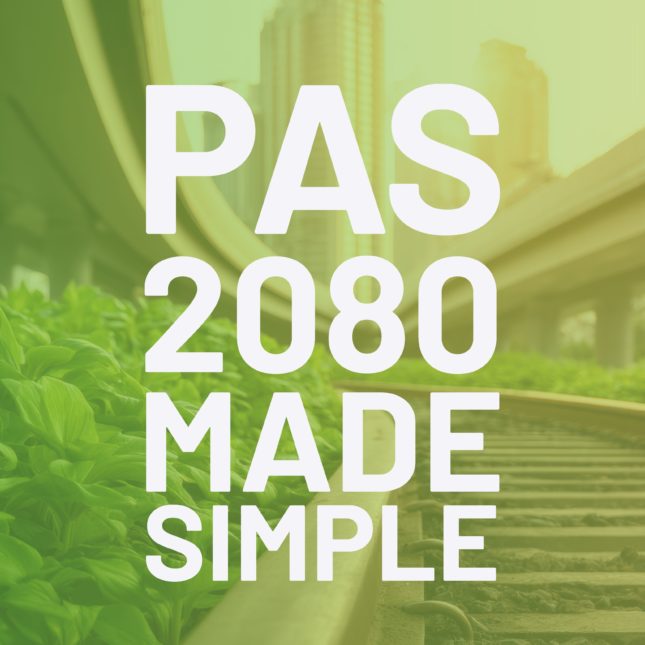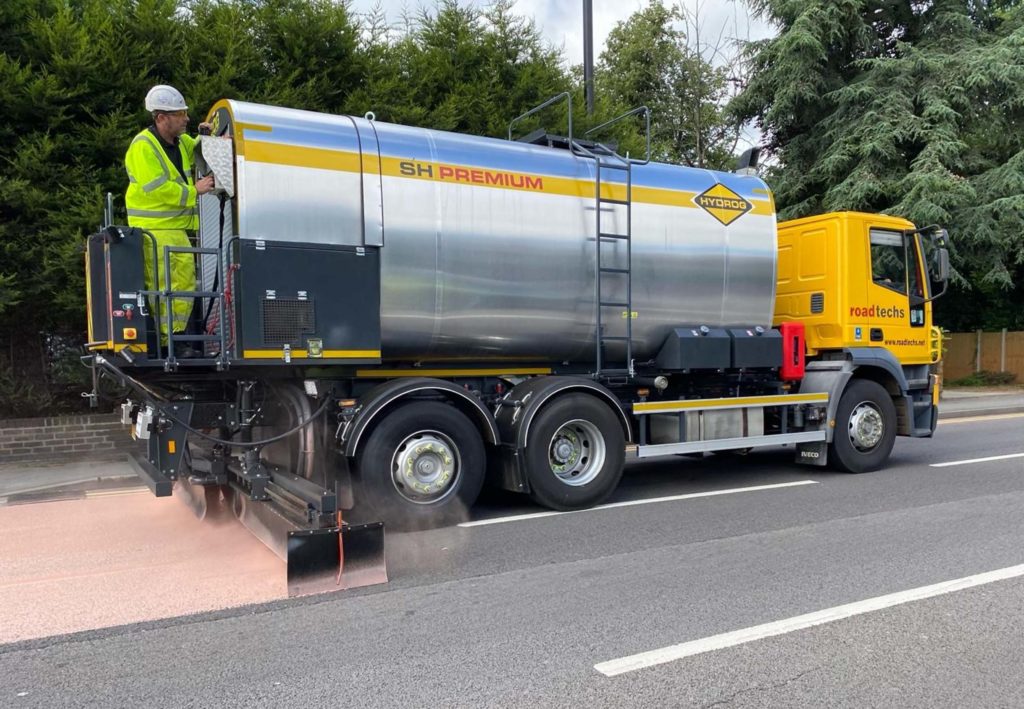
PYE Management Featured in Highways Magazine: The Future of Carbon
It was a pleasure to contribute to the latest Highways Magazine Asset Management Special, where I had the chance to write about the future of carbon in the highways sector and the growing role of PAS 2080.
The article explores some of the urgent challenges we face across highway maintenance. Traditional resurfacing and reconstruction methods remain carbon intensive, and the need to adopt lower carbon alternatives is growing fast.
Surface treatments now offer a genuine opportunity to reduce emissions, and it has been encouraging to see more authorities starting to include them as part of long-term asset strategies. Through our recent work with the RSTA, we have been helping develop the tools and guidance needed to support these decisions.
One of the key updates featured in the article is the second edition of the RSTA Carbon Emissions Report, which expands the lifecycle carbon calculations for highway treatments. This work, which I supported through PYE Management alongside contributions from 19 RSTA members, allows for direct comparisons across a 60-year cycle. It shows clearly how surface treatments can deliver meaningful reductions in both carbon and cost.
The article also looks at how PAS 2080 is shifting expectations across the industry. With National Highways requiring all contractors and subcontractors to implement PAS 2080 verified carbon management systems by the end of 2025, carbon accountability is now becoming just as essential as cost and delivery.
The updated standard now demands action across the whole value chain. It calls for shared data, joined-up thinking, and practical frameworks to support every part of the infrastructure lifecycle; from design through to operation and end of life.
Finally, the feature touches on how climate change itself is reshaping the way we think about maintenance. We are already seeing how hotter summers, heavier rainfall, and shifting seasonal patterns are putting strain on drainage, materials, and budgets. Resilience is no longer just an operational concern. It is a critical part of how the sector will reach net zero.
It was an honour to write this piece on behalf of the RSTA. I hope it brings greater visibility to the practical tools, collaborative thinking, and real-world action now driving change across the sector.
You can read the full article on pg 58-59 of the Autumn 2025 issue of Highways Magazine.



